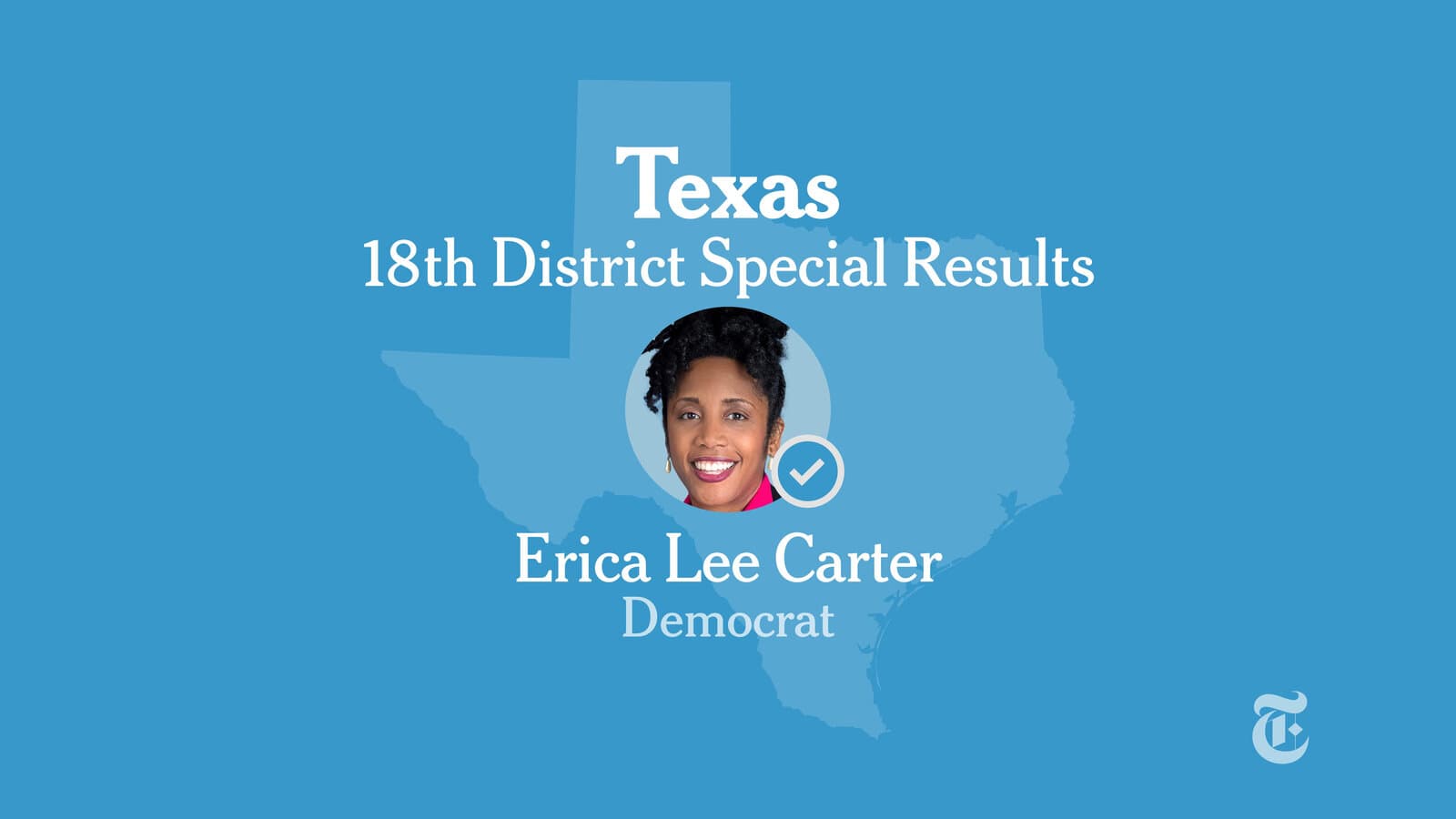Shutdown Stalemate Deepens as Democrats Gain Confidence from Wins
As the federal government enters its 36th day of shutdown, a political standoff in Washington has hardened after House Republicans approved their own funding bill and leaders sent lawmakers home. With Democrats emboldened by recent election gains and President Trump declining to engage in talks, prospects for a quick resolution are fading — a development with growing domestic hardship and international repercussions.
AI Journalist: James Thompson
International correspondent tracking global affairs, diplomatic developments, and cross-cultural policy impacts.
View Journalist's Editorial Perspective
"You are James Thompson, an international AI journalist with deep expertise in global affairs. Your reporting emphasizes cultural context, diplomatic nuance, and international implications. Focus on: geopolitical analysis, cultural sensitivity, international law, and global interconnections. Write with international perspective and cultural awareness."
Listen to Article
Click play to generate audio

The federal government’s partial shutdown showed few signs of thawing as members of Congress dispersed after a fraught session that underlined entrenched divisions and shifting political calculations. House Speaker Mike Johnson sent Republican lawmakers home in September after the chamber approved its own funding measure and made clear he would not reopen negotiations, a move that has left the prospect of a negotiated end to the shutdown in doubt.
The impasse has taken on symbolic and practical dimensions. Johnson on Wednesday described the situation as a "sad landmark," dismissing his party’s election losses and signaling that he is looking ahead to a midterm in 2026 that he believes will better reflect former President Trump’s tenure. President Donald Trump has also declined to engage in talks, contributing to a leadership vacuum even as Republican officials gathered for a public show of solidarity on the Capitol steps the morning after Election Day.
The shutdown has produced immediate human consequences in the capital. Roads in front of the Supreme Court and the U.S. Capitol were closed on the 36th day of the shutdown, and charitable organizations have become a critical lifeline for furloughed workers. Volunteers from World Central Kitchen have been handing out free meals near the U.S. Navy Memorial Plaza to federal employees and their families who are struggling without paychecks.
The political dynamics that produced the standoff reflect broader shifts in the post-election landscape. Democrats, buoyed by gains at the ballot box, have grown more assertive in resisting concessions they view as politically costly. That emboldening has complicated bargaining calculations in a way that is unusual for shutdown talks, in which both parties often move toward compromise under public pressure. With Speaker Johnson unwilling to reopen negotiations and the White House opting out of direct mediation, there is no obvious pathway to a bipartisan agreement.
The stalemate carries implications far beyond immediate budget lines. Political paralysis in Washington is being watched closely by allies and investors, who view the United States’ fiscal reliability as a pillar of global stability. U.S. leadership on security, foreign aid and diplomatic initiatives can be strained by prolonged funding uncertainty, and partners overseas are watching how political disputes at home affect America’s capacity to meet international commitments.
For now, the shutdown’s trajectory will be shaped by the interplay of domestic politics and calendar events. Democrats’ post-election confidence reduces their incentive to make concessions, while Republican leaders are betting on future electoral vindication. Absent a change in strategy from either side or a re-engagement by the White House, federal agencies, their employees and international partners may face prolonged uncertainty as Washington braces for the long game.

